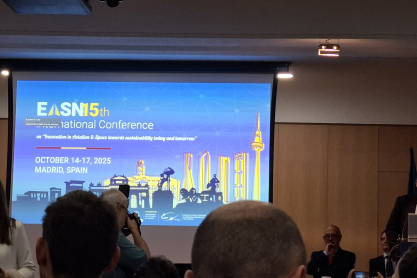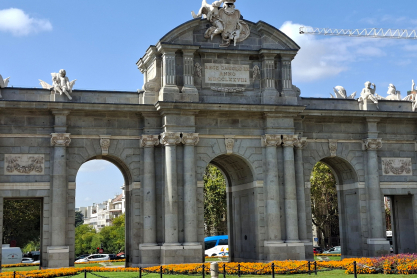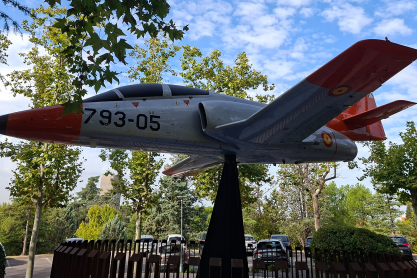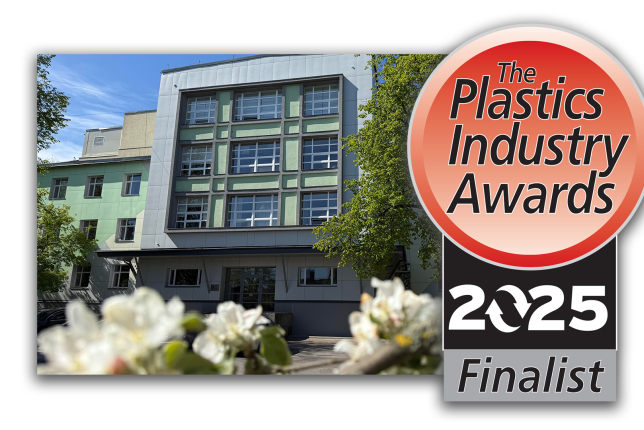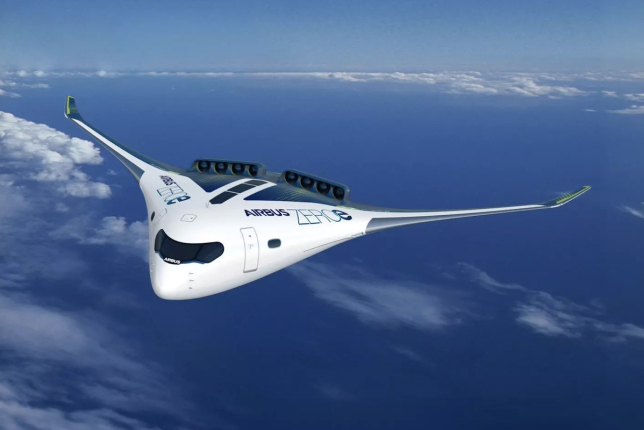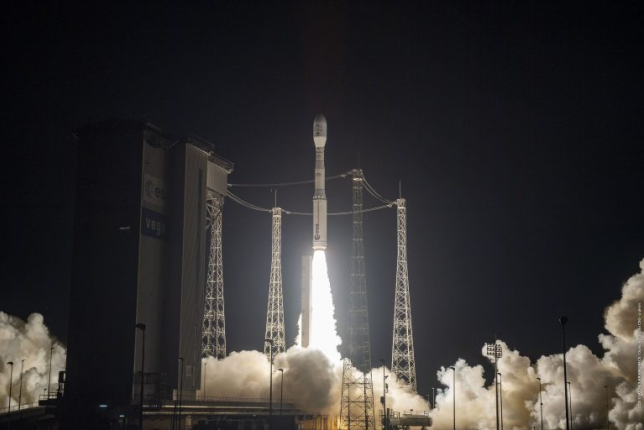LSIWC researcher Laima Vēvere participates in the 15th EASN International Conference in Madrid
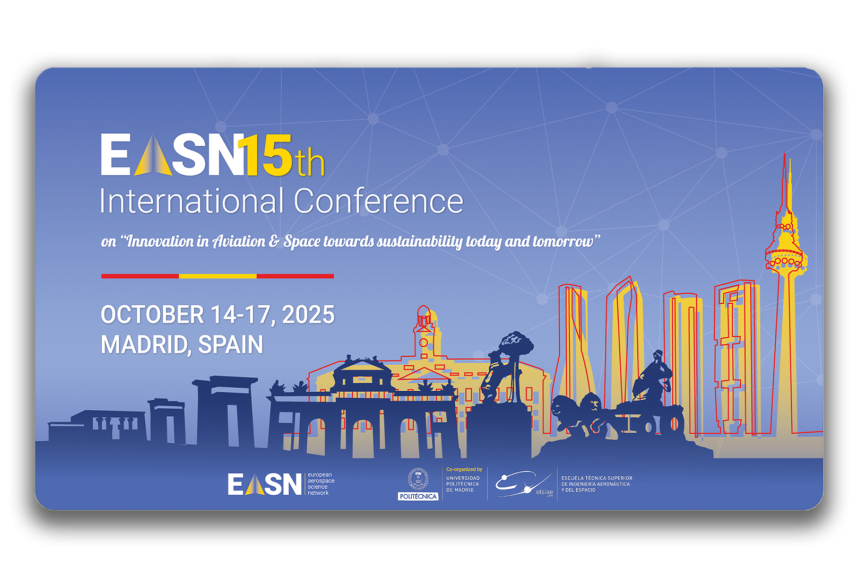
In front of the School of Aeronautical and Space Engineering (ETSIAE–UPM) at the Polytechnic University of Madrid stands the CASA C-101 training aircraft – a symbol of Spanish aviation pride and engineering precision.
It was here that the 15th EASN International Conference took place, where Laima Vēvere, researcher at the Latvian State Institute of Wood Chemistry, presented innovative cryogenic insulation materials for future hydrogen aviation.

The 15th European Aeronautics and Space Network (EASN) International Conference this year was dedicated to the theme “Aviation and Space Innovation for a Sustainable Future.” The event was co-organized by the EASN Association and the School of Aeronautical and Space Engineering (ETSIAE–UPM), bringing together more than 650 participants from academia, industry, and policy-making institutions.
The conference has become a leading European platform for presenting research results and fostering collaboration in the aviation and space sectors, covering a wide range of topics – from sustainable materials and manufacturing processes to hydrogen-based energy systems, digital twins, next-generation propulsion, and applications of artificial intelligence in aviation.
Session: “Sustainability and circularity in the manufacturing process in aviation”
On the second day of the conference (October 15), a parallel session titled “Sustainability and Circularity in the Manufacturing Process in Aviation” was chaired by Prof. Angelos Filippatos (University of Patras, Greece).
The session addressed the aviation industry’s transition toward circular-economy principles and environmentally responsible manufacturing, examining both policy and technological aspects.
Topics discussed included:
- environmental and cost assessments of cryogenic hydrogen tanks,
- life-cycle analysis of thermoplastic composite materials,
- optimization of high-efficiency wing structures, and
- development of novel polyurethane foam systems for cryogenic insulation with phase-change materials (PCM), among others.
LSIWC contribution: Cryogenic insulation materials for future hydrogen aviation
Laima Vēvere, researcher at the Latvian State Institute of Wood Chemistry, presented the study “Rigid Polyurethane Foams for Cryogenic Insulation – Introducing Phase Change Materials into Sustainable Design”, co-authored with Beatrise Stūre-Šķēla, Vanesa Dhalivala, Vladimirs Jakušins, and Uģis Cābulis.
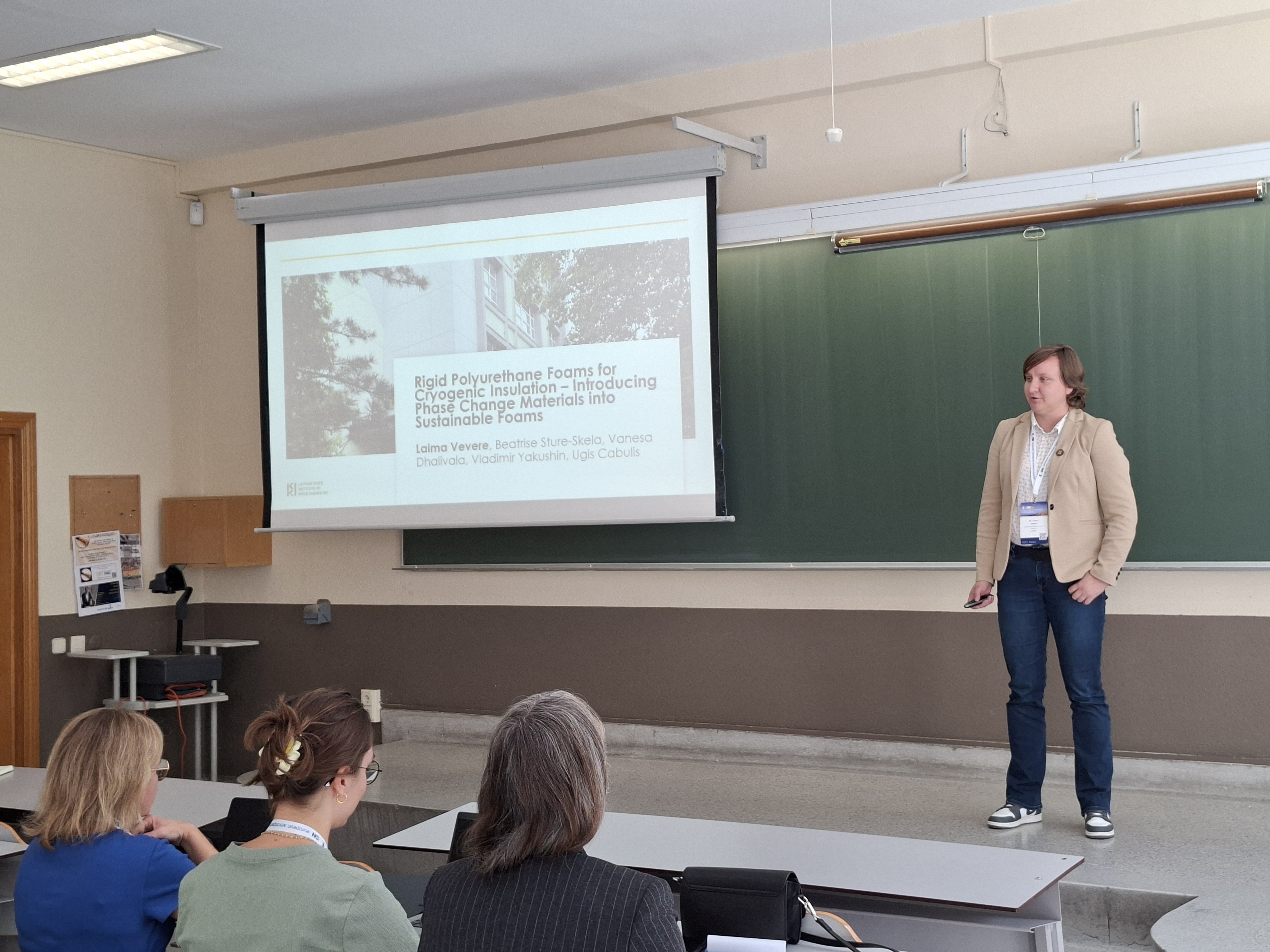
The research focused on improving polyurethane foam systems for cryogenic applications by incorporating microencapsulated phase-change materials (PCM). This approach helps reduce thermal conductivity and improve mechanical stability under cryogenic conditions, while also enhancing adhesion to aluminum substrates.
The findings are particularly relevant to liquid-hydrogen (–253 °C) storage and transport technologies, including hydrogen-powered aircraft, where high insulation efficiency and reliability are essential.
The session highlighted that the future of aviation is closely linked to materials science, circular thinking, and cross-disciplinary innovation, integrating technological progress with social and environmental responsibility.
